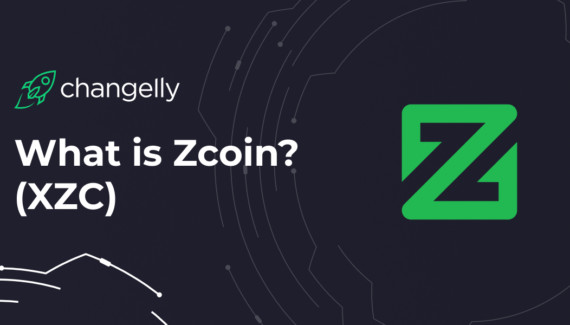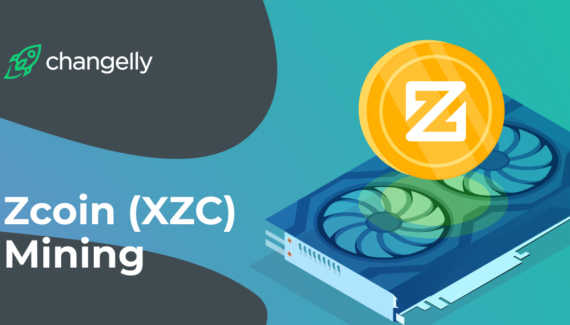Hoje vamos descobrir porque tantos entusiastas de criptografia preferem a mineração RVN e quais são os melhores reservatórios de mineração Ravencoin. Raven Coin é uma...
Artigos sobre moedas

ZCoin (XZC) é uma criptomoeda popular que visa oferecer privacidade aos usuários enquanto negocia criptomoedas. O Zcoin usa um protocolo criptográfico, que estabelece o anonimato...

Recentemente, observamos a moeda XZC e a melhor carteira para armazenar Zcoin. Hoje vamos discutir a mineração de Zcoin em 2020. Qual algoritmo de hash...

Com a crescente popularidade global das criptomoedas, cada vez mais pessoas querem entrar no mercado das criptomoedas. No entanto, para as moedas mais populares, a...

Criptomoeda tem um grande número de suposições e teorias que realmente afastam as pessoas de investir nelas. Neste artigo, Changelly lista os dez mitos mais comuns sobre a criptomoeda principal, BTC.

A IOTA anunciou toda a esfera da Internet das Coisas. Como está a evoluir o projeto e quais são as perspectivas para a moeda criptográfica MIOTA?

A criptomoeda NEO, anteriormente chamada Antshares, é o primeiro equivalente chinês do Ethereum. O projeto foi criado em 2014 e o código-fonte foi publicado em...

Qual é o melhor local para armazenar Bitcoin e outras criptomoedas? Fizemos uma lista das melhores carteiras e preparámos algumas dicas e truques.

Observamos recentemente forks de Bitcoin (BTC). Nesses termos, o Bitcoin Cash (BCH) é uma das divisões mais bem-sucedidas do Bitcoin que continua a ganhar popularidade...

A criptomoeda continua a alcançar o mundo, com mais e mais países adotando-a com alguma capacidade. Às vezes, é uma legalização total, outras, é mais...
